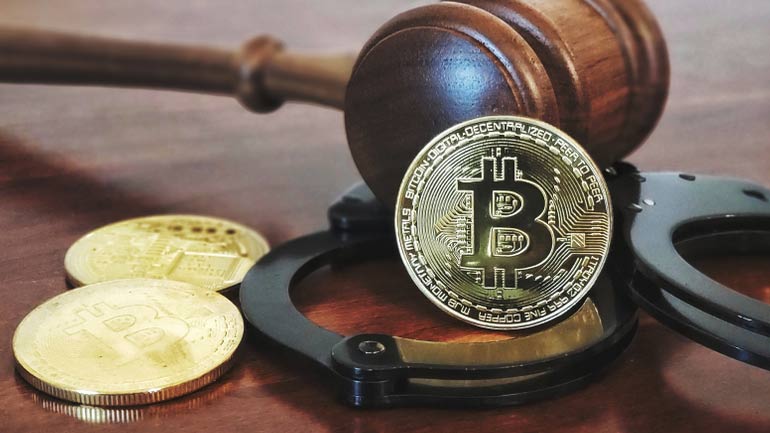
In a research report published on Thursday, American investment bank JPMorgan focused on the legal actions taken by the Securities and Exchange Commission (SEC) against Binance and Coinbase. The crackdown could bring about significant changes in the crypto industry, potentially driving it to move outside the United States. As a result, JPMorgan is urging U.S. lawmakers to establish a comprehensive framework governing the industry. What should we take away from this analysis?
JPMorgan: Capitalizing on SEC crackdown to regulate the crypto sector
Recently, the SEC filed lawsuits against Binance and Coinbase, two of the largest cryptocurrency exchanges.
According to JPMorgan’s research report, these lawsuits stem from the SEC’s view that the majority of cryptocurrencies should be classified as securities. Consequently, the SEC aims to bring most companies in the sector and exchanges under its oversight, compelling them to comply with the regulatory frameworks currently applicable to other securities.
However, as Nikolaos Panigirtzoglou explains, categorizing cryptocurrencies as securities is not a simple legal matter. It is rather ambiguous and requires deeper consideration. The ongoing SEC case against Ripple vividly illustrates the lack of legal clarity on the subject.
Taking all these factors into account, JPMorgan reaches the following conclusion: U.S. lawmakers must propose “a comprehensive framework on how to regulate crypto-related industries and the respective responsibilities of the SEC and the Commodity Futures Trading Commission (CFTC).”
The urgency of regulating the crypto sector
The regulatory authority has filed lawsuits against Binance, its CEO Changpeng Zhao, and the operating company of Binance.US, citing alleged violations of federal securities laws. Shortly thereafter, it continued its crackdown by filing a similar lawsuit against Coinbase, Binance’s main rival.
This SEC policy, disapproved by the Chamber of Commerce, is driving actors in the crypto industry to consider moving outside the United States and toward decentralized entities. Additionally, according to JPMorgan, venture capital funding for crypto will likely remain moderate in the future.
Therefore, U.S. lawmakers must act swiftly to establish a comprehensive and precise regulatory framework. If they rule in favor of the SEC, Coinbase, Binance.US, and other U.S. exchanges would be compelled to register as brokers. Simultaneously, most cryptocurrencies would now be treated as securities.
While implementing these regulations may be costly and burdensome for the crypto industry, they are expected to bring several benefits. According to JPMorgan’s research report, the crypto sector would become more transparent and provide better investor protection. These are valuable advantages that should not be overlooked for mass adoption!
Government response and global implications
The call for comprehensive crypto regulations is not unique to JPMorgan’s analysis. Governments around the world are grappling with how to address the rapidly evolving crypto landscape. The United States, as a global financial hub, plays a crucial role in shaping the industry’s future.
Experts warn that if the U.S. fails to provide clear and favorable regulations, it risks losing its competitive edge in the crypto sector. Other countries are already positioning themselves as crypto-friendly jurisdictions, like Georgia, offering attractive regulatory environments and incentives. The U.S. must act swiftly to avoid falling behind and potentially stifling innovation within its borders.
Looking ahead
The recent SEC lawsuits against Binance and Coinbase highlight the pressing need for clear and comprehensive regulations in the crypto industry. JPMorgan’s research report underscores the potential consequences of regulatory uncertainty, such as the migration of businesses and investors to more favorable jurisdictions. By establishing a well-defined framework, lawmakers can promote transparency, investor protection, and widespread adoption of cryptocurrencies. Collaboration between regulators and industry stakeholders is crucial to strike the right balance between oversight and innovation. As the global crypto landscape continues to evolve, it is essential for governments, particularly the United States, to lead the way in providing regulatory clarity and fostering a vibrant and competitive crypto ecosystem.